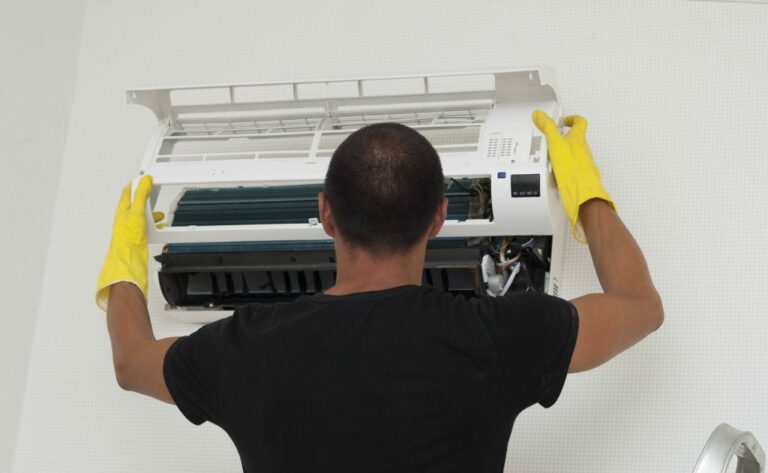Promoting Positive Employer-Helper Relationships Through Effective Communication
Best Maid Agency: Open communication is a fundamental component in establishing trust within any relationship, whether personal or professional. When individuals engage in transparent dialogue and actively listen to one another, it fosters an environment of mutual understanding and respect. By sharing thoughts, feelings, and information openly, it helps to strengthen the bond between individuals and creates a sense of connection and unity.
Moreover, open communication enables parties to address any issues or concerns promptly, preventing misunderstandings or conflicts from escalating. When people feel comfortable expressing themselves without fear of judgment or reprisal, it promotes a supportive atmosphere where collaboration and cooperation can thrive. Ultimately, building trust through open communication lays the foundation for healthy, productive relationships built on honesty and authenticity.
Setting Clear Expectations and Boundaries
When it comes to fostering effective relationships in any environment, setting clear expectations and boundaries is fundamental. By clearly outlining what is expected from all parties involved, misunderstandings and conflicts can be minimized. Establishing boundaries helps create a sense of structure and respect within the relationship, ensuring that everyone is on the same page.
Clear expectations also provide a roadmap for success, allowing individuals to understand their roles and responsibilities. This clarity enables better collaboration and productivity as each person knows what is required of them. Additionally, setting boundaries helps to create a safe and comfortable environment where individuals feel respected and valued.
Providing Constructive Feedback
Effective feedback is a vital component of fostering growth and improvement within any setting. It serves as a powerful tool for enhancing performance, addressing areas needing development, and acknowledging successes. Feedback should be specific, timely, and delivered in a constructive manner to ensure its effectiveness and avoid misunderstandings. When providing feedback, it is important to focus on the behavior or action rather than making it about the individual, maintaining a solution-oriented approach.
Constructive feedback should be delivered with clarity and empathy, emphasizing the impact of the behavior or action being discussed. It is essential to offer suggestions for improvement and encourage open dialogue for further clarification or discussion. By providing feedback in a supportive and constructive manner, individuals are more likely to be receptive and motivated to make positive changes that contribute to their overall development and success.
• Constructive feedback should be specific, focusing on behavior or actions rather than the individual
• Feedback should be timely to address issues promptly and effectively
• Deliver feedback in a constructive manner to avoid misunderstandings and foster growth
• Offer suggestions for improvement and encourage open dialogue for further clarification
Why is building trust through open communication important in providing constructive feedback?
Building trust through open communication creates a safe and supportive environment for both parties to engage in honest and meaningful dialogue, leading to more effective feedback delivery and reception.
How can clear expectations and boundaries help in providing constructive feedback?
Setting clear expectations and boundaries ensures that both parties understand the goals and parameters of the feedback conversation, making it easier to focus on specific areas for improvement and growth.
What are some tips for providing constructive feedback effectively?
Some tips for providing constructive feedback effectively include being specific and descriptive, focusing on behaviors rather than personal traits, offering suggestions for improvement, and acknowledging the recipient’s efforts.
How can I ensure that my constructive feedback is received positively?
To ensure that your constructive feedback is received positively, it’s important to approach the conversation with empathy and understanding, listen actively to the recipient’s perspective, and be open to receiving feedback yourself.







